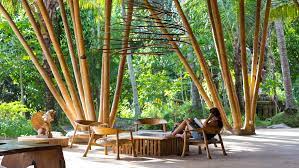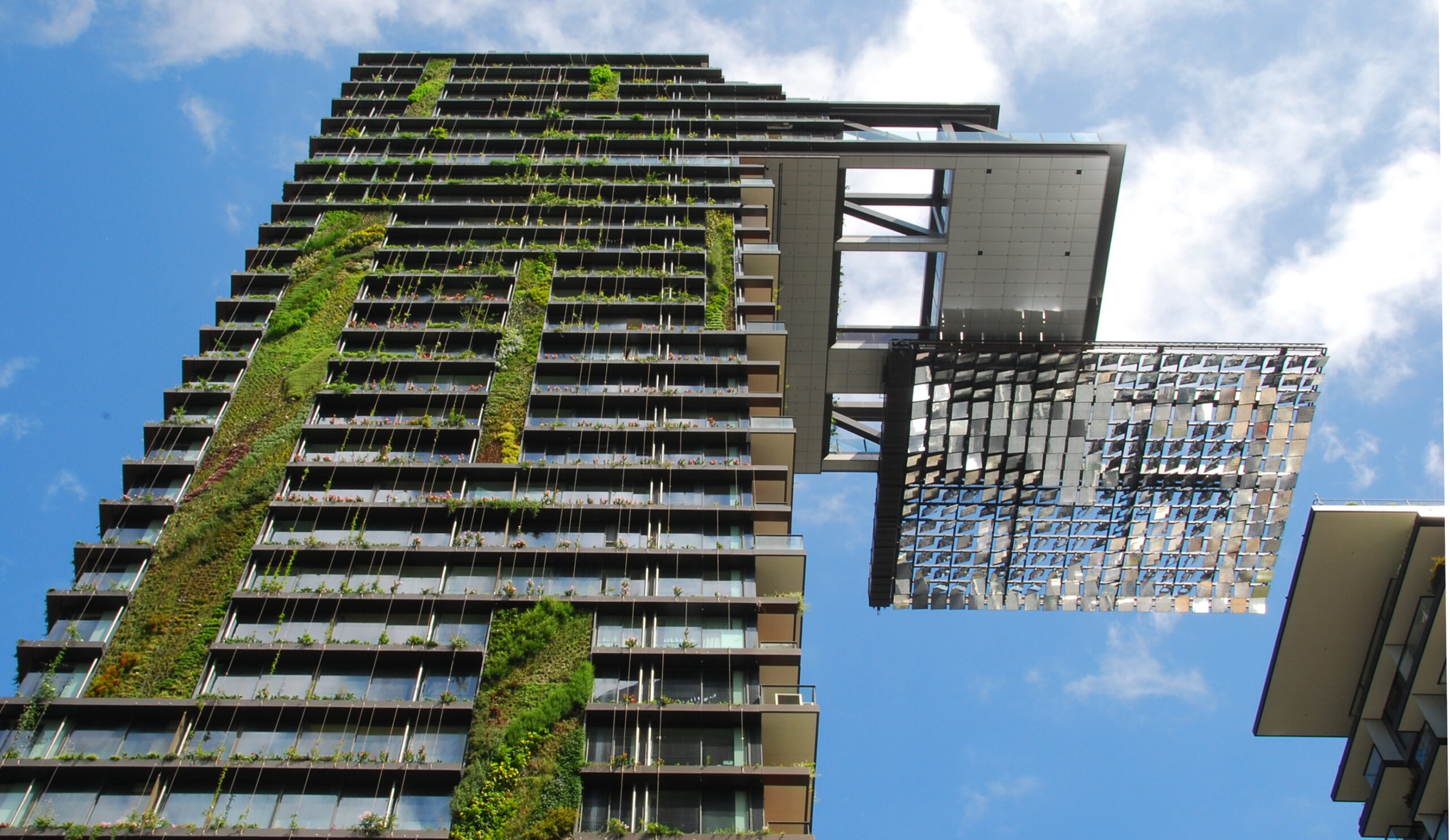Green architecture, also known as sustainable or eco-friendly architecture, has gained considerable momentum in the United Kingdom (UK) as the country aims to reduce carbon emissions, combat climate change, and promote sustainable development. Here are some key aspects of green architecture in the UK:
- Government Policies and Initiatives: The UK government has implemented various policies and initiatives to promote green architecture. The Climate Change Act of 2008 sets legally binding targets to reduce greenhouse gas emissions, while the Building Regulations and Energy Performance Certificates (EPCs) establish standards for energy efficiency in buildings. The government also introduced the Future Homes Standard, which aims to ensure that all new homes in England are zero-carbon ready by 2025.
- BREEAM Certification: The UK is home to the Building Research Establishment Environmental Assessment Method (BREEAM), one of the most widely recognized green building certification systems globally. BREEAM assesses the environmental performance of buildings, considering factors such as energy efficiency, water conservation, materials selection, waste management, and indoor environmental quality. Many buildings in the UK pursue BREEAM certification to demonstrate their commitment to sustainability.
- Energy Efficiency: Energy-efficient design is a crucial aspect of green architecture in the UK. Buildings incorporate high levels of insulation, advanced glazing systems, efficient heating and cooling systems, and energy-saving lighting and appliances. The Passive House standard, which focuses on achieving exceptional energy performance and thermal comfort, has gained popularity in the UK.
- Renewable Energy Integration: The UK has made significant strides in integrating renewable energy systems into buildings. Solar photovoltaic (PV) panels, wind turbines, and heat pumps are commonly used to generate renewable energy on-site. The government has also implemented feed-in tariffs and other financial incentives to promote the adoption of renewable energy technologies in buildings.
- Sustainable Materials and Construction Practices: Green architecture in the UK emphasizes the use of sustainable building materials and construction practices. This includes the selection of low-impact and recyclable materials, the incorporation of recycled content, and the promotion of responsible sourcing. Additionally, sustainable construction practices focus on minimizing waste generation, optimizing resource utilization, and adopting environmentally friendly construction techniques.
- Water Management: Water conservation is an important consideration in green architecture in the UK, despite the country not experiencing severe water scarcity issues. Buildings incorporate water-efficient fixtures, rainwater harvesting systems, and wastewater treatment technologies to minimize water consumption. Water-sensitive landscaping techniques, such as green roofs and permeable pavements, are also implemented to manage stormwater runoff.
- Adaptive Reuse and Retrofitting: The UK has a rich architectural heritage, and there is a growing emphasis on adaptive reuse and retrofitting of existing buildings. Converting old structures into energy-efficient and sustainable spaces helps preserve their historical value while reducing the environmental impact associated with new construction.
- Green Infrastructure and Urban Planning: Green architecture extends beyond individual buildings and encompasses sustainable urban planning. The UK promotes green infrastructure, such as urban parks, green corridors, and rooftop gardens, to enhance biodiversity, improve air quality, and provide recreational spaces. Urban planning strategies also focus on mixed-use developments, compact cities, and efficient transportation systems to reduce reliance on private vehicles.
These aspects highlight the commitment of the UK to green architecture and sustainable development. Through government policies, certification systems, and sustainable design practices, the country is working towards a more environmentally friendly built environment that addresses climate change and fosters a sustainable future.




